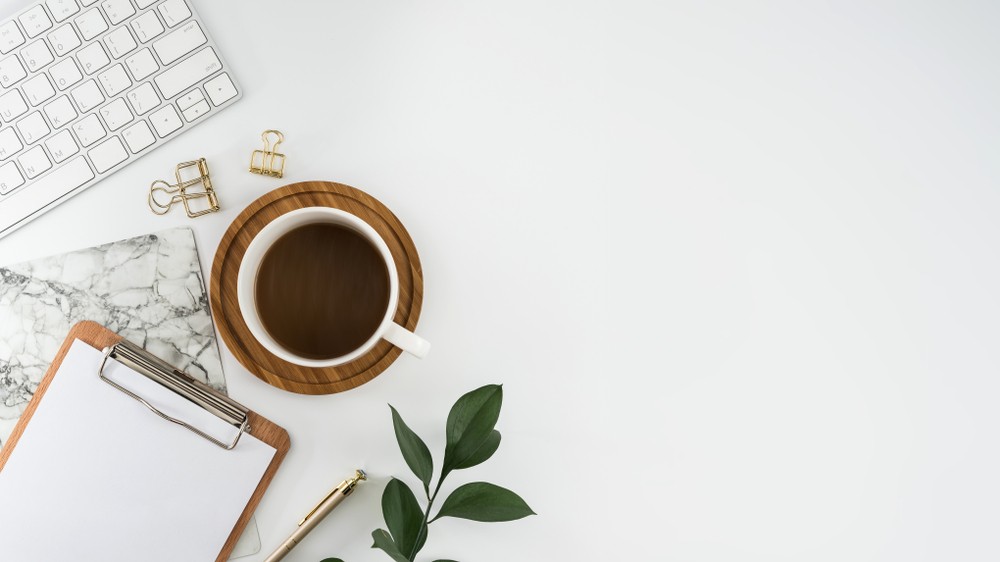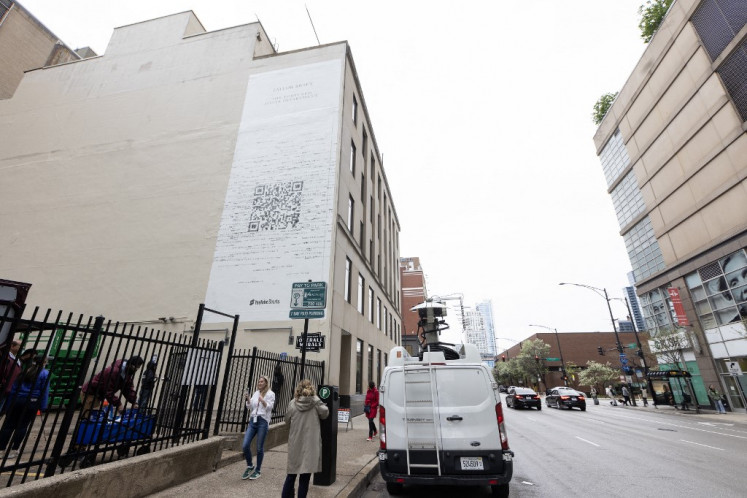Wake-up call about impact of drinking morning coffee
While coffee may be effective to jolt a person awake, health experts say it may not be the best drink to go for the first thing in the morning.
Change Size
 While coffee may be effective to jolt a person awake, health experts say it may not be the best drink to go for the first thing in the morning. (Shutterstock/kamon_saejueng)
While coffee may be effective to jolt a person awake, health experts say it may not be the best drink to go for the first thing in the morning. (Shutterstock/kamon_saejueng)
O
ver time, coffee has become a universal, and quick, antidote to morning sleepiness. In Korea, roughly 265 million cups of coffee, or some 500 cups per person, were consumed in 2017, according to Korea Customs Service.
While coffee may be an effective solution to jolt a person awake, health experts say it may not be the best drink to go for the first thing in the morning.
In the first one to two hours after a person wakes from sleep, cortisol, a stress hormone, is secreted in large amounts. Cortisol is what helps a person to wake up. Coffee’s caffeine plays a similar role as cortisol, creating possible side effects such as headache, upset stomach or excessively fast heartbeat.
Read also: Important tips to improve your breakfast routine
It is recommended that coffee be consumed between 1:30 p.m. and 5 p.m., when the cortisol secretion is less.
Drinking coffee in the morning could have some impact on esophagus. Caffeine stimulates more secretion of stomach acid, and on an empty stomach, this may cause stomach cramps. Caffeine also loosens the muscle that connects esophagus to stomach, heightening risk of acid reflux.
Those who take vitamin pills should especially take caution in drinking coffee in the morning, as vitamins A, B, C, D, and iron cannot serve their purpose properly when coffee interrupts the system. Caffeine disturbs vitamin D and iron from being absorbed, and its diuretic effect makes water soluble vitamins B and C escape body easily. It takes as long as two hours for the effects of caffeine on the human body to wear off, and therefore, it is recommended to take vitamin pills at least two hours after drinking coffee.
This article appeared on The Korea Herald newspaper website, which is a member of Asia News Network and a media partner of The Jakarta Post









